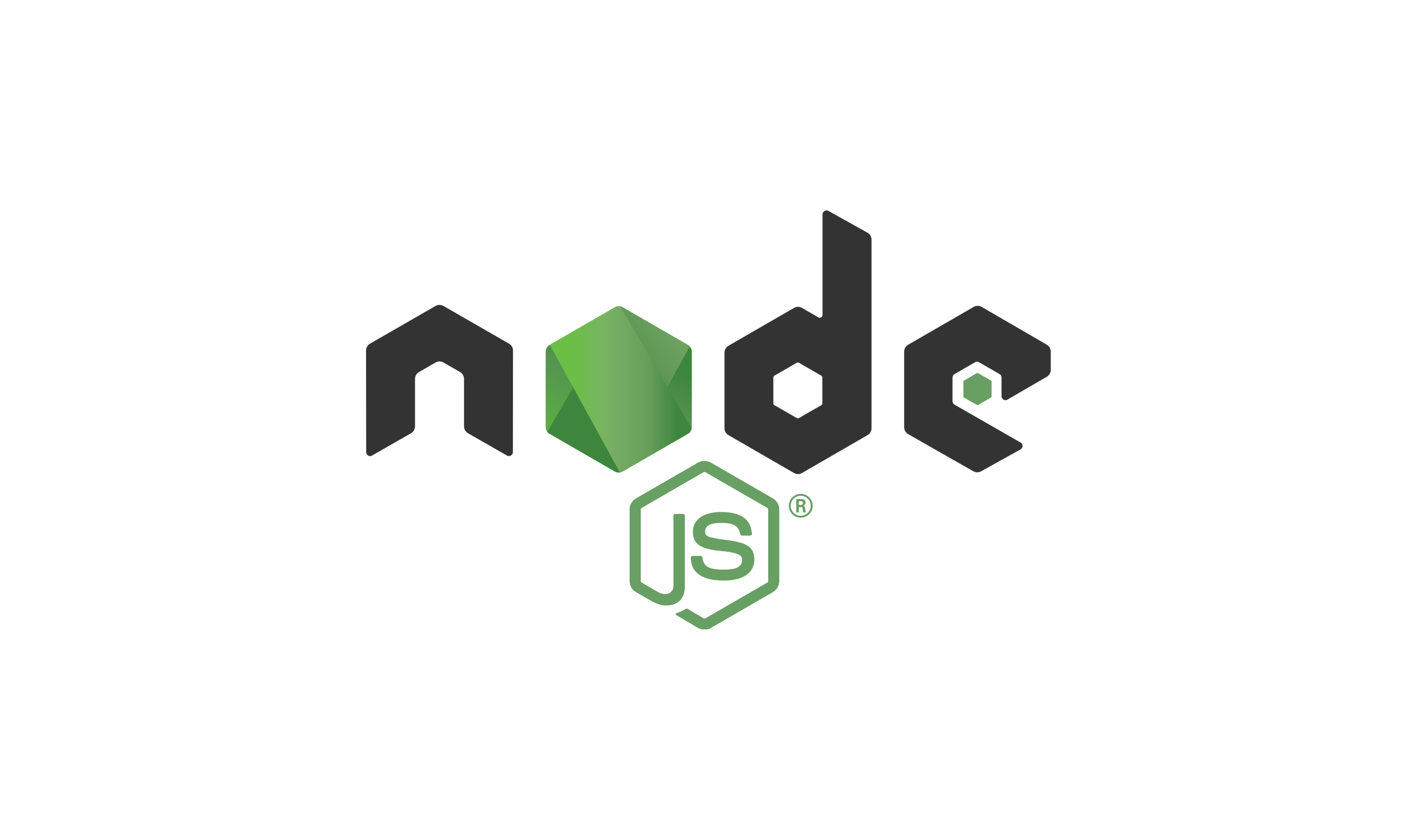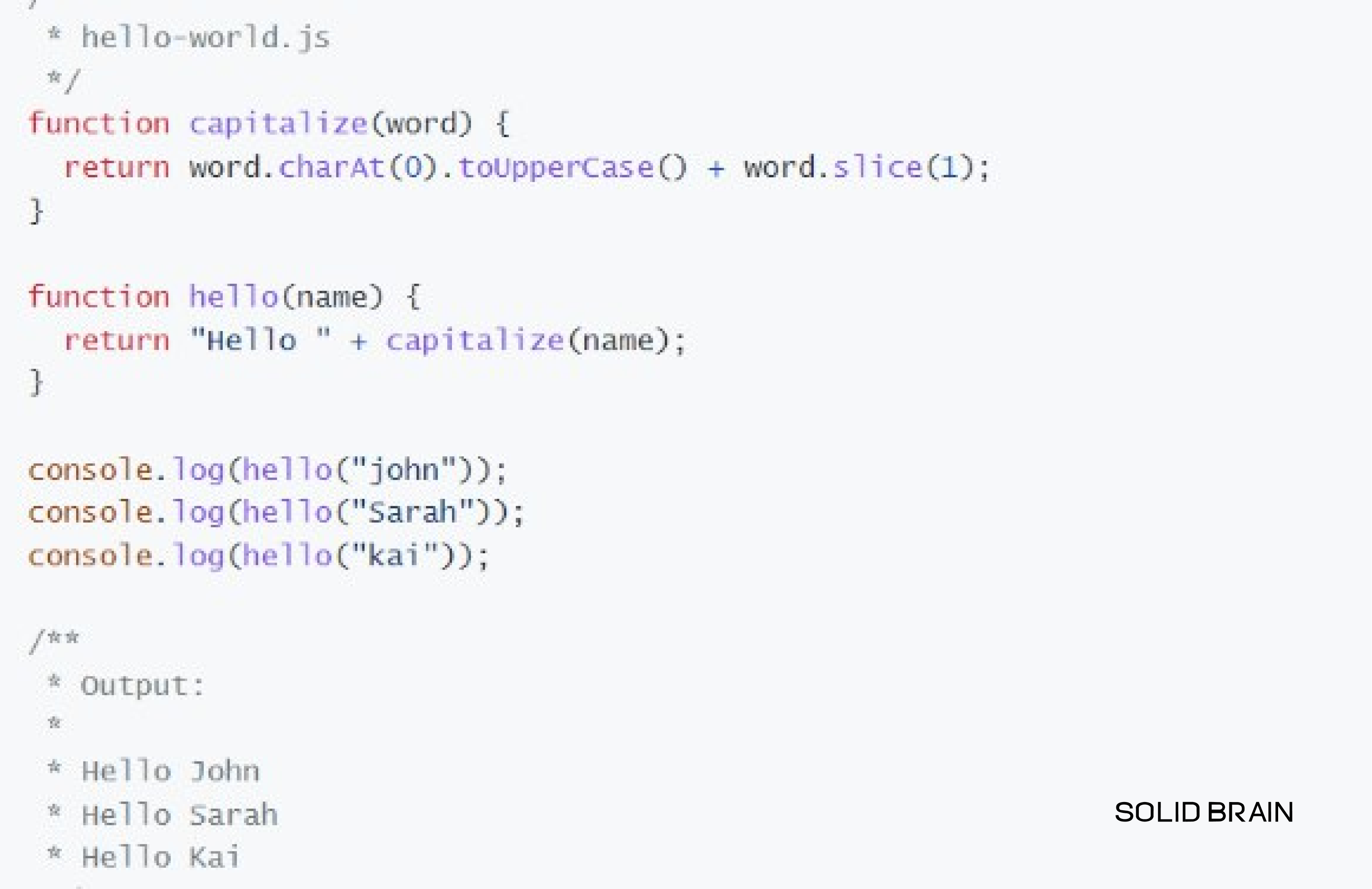To be, or not to be, to choose Deno or Node.js, that is the question. Calm down, we are not going to test your knowledge of Shakespeare's masterpieces. By contrast, we will compare two technologies that are so similar in their origins but so different in their specificities. Today the eternal controversy Deno vs. Node.js will be finally resolved, at least we hope so. Intrigued? Then, join us on this research path, and let's find out the answer together.

What Is Deno?
If you are not new to modern tech trends, you have probably heard about Deno. If not, do not confuse the one with a dino, an ancient creature that frequently appears in children's cartoons. Deno is a developer-friendly ecosystem designed by Ryan Dahl in 2018 because of the existence of meaningful, in his opinion, shortcomings associated with his previous creation, Node.js. To put it briefly, Deno is a secure JavaScript/TypeScript runtime built on V8, Rust, and Tokio. Deno is based on fast, easy, and safe technologies, which definitely explains the mind-blowing popularity of this complete toolchain.

What Is Node.js?
Dating back to 2019, Node.js was written by Ryan Dahl in C/C++ and JavaScript. Just like Python, Node.js can be installed on a server, and your code can be executed on it. In fact, Node.js was initially designed to write the server-side code, but now it is often utilized for a multitude of purposes. Nowadays, Node.js is considered to be one of the most prominent platforms for building efficient and scalable REST APIs. Besides, with the help of Node.js and additional frameworks, developers can easily create various types of applications, including hybrid mobile apps, desktop programs, or even IoT-based apps.

How to install it
No matter what runtime software you choose in this Deno vs Node js battle, the installation process won't take much time. However, it is vital to keep in mind that the second option can't function without a package manager, so you'll need to install it.

Deno vs. Node.js: What Is the Difference?
As you have probably guessed, the pivotal difference between Deno and Node.js is that Deno appears to be an upgraded version of Node.js. Since both of these JavaScript runtime environments were developed by one author, you can expect they to have a lot in common. Well, you are right, they actually do. Nevertheless, it does not mean that Node.js=Deno, and we are going to prove it in the following paragraphs. Let's take a look at a brief comparison of Node.js vs Deno.
Security
Deno is meant to have a higher level of security than Node.js. That's because
Deno has a restrictive default security model and needs permission to access any other files. However, in all other measures of security, they stay relatively the same.
Modules
Considering the approach to modules we can see that Deno allows us to import modules from the web. That's maybe the reason why developers enjoy the use of this runtime. Node.js. in its turn takes the CommonJS modules which means that the import process is slightly more complicated. Working with Node.js, you should also use npm to manage the modules.
Package Management
As we've mentioned before in the Node vs Deno comparison, the second option allows a direct import of modules. That's the reason why it doesn't need to have a package manager. On the other hand, Node.js is always used with a Node Package Manager.
Standard Modules
Both of these runtime software include a set of core modules that cover essential functionalities. However, here the npm package that Node includes gives it an edge in a Deno vs Node.js battle. Taking advantage of it you can be sure that more specific tasks can be also performed.
Third-Party Modules
During the third-party module upload, Deno can allow users to do that directly, not relying on any other package manager. Thanks to no need for an additional installation step, you can benefit from the faster and easier solution. Once we have a Node vs Deno comparison, we should mention that by opting for Node, you'll need to take some more steps to get the thing you need. First of all, you should write the command to install packages and then use the code to import the modules. Still however in this Deno Vs Node.js battle, the second option wins in the eyes of those who enjoy extensive functionalities.
As you can see the core difference in Node vs Deno comparison lies in their structure. Deno is a runtime with enhanced security and basic modules that can be easily used. Node.js is often used when additional features are needed. However, it is considered to be more complicated in use.

Deno vs. Node.js from the Perspective of a Single Executable File
In a nutshell, a simple executable file sends a specific set of instructions directly to the computer. The only thing you need is to double-click a file that ends with '.exe,' and voilà — you can run your runtime. Fortunately, Deno provides the 'deno.exe.' file, while Node.js does not have such an option. Therefore, in Node.js, your app should run with all required packages under the 'node-modules' folder.

First-Class TypeScript, Deno, Node.js, and Everything in Between
What is one of the most critical benefits of Deno? As you have already understood from the title of this paragraph, Deno perceives TypeScript as a first-class language. According to the Deno manual, it means that 'you can run or import TypeScript without installing anything more than the Deno CLI.' Yet, what about Node.js? Let's search for the answer together. When running code in Node.js, the ending' js,' which stands for JavaScript, speaks for itself: TypeScript is not treated as a first-class language. Hence, to get the most out of this runtime ecosystem, you have to set up and configure your TypeScript with Node.js.

Security Battle' Node.js vs. Deno': Who Wins in the End?
While security is of paramount importance in the developers' world, Deno has undeniably succeeded from the perspective of the permissions system. By default, all code runs in a safe sandbox environment. This helps protect access to the file system, network, and environment variables unless access is granted explicitly through a command-line argument. On the contrary, the Node.js runtime is very liberal, providing the code with full access to the computer's network and file system. Thus, third-party code may harm your system.

Distinct Approaches to Package Management
While Node has an official 'npm' package manager, Deno does not have one. In fact, Deno uses a URL to get and import packages, so such a method provides both advantages and disadvantages. In this regard, one of the main benefits of Deno is the great flexibility that comes without the necessity to publish packages to a repository like 'npm.'

It Is All About Modules
One of the most significant differences between Deno and Node.js is that Deno uses the official ECMAScript module instead of the CommonJS. By contrast, Node.js 13.2.0 incorporated modules only at the end of 2019. Nevertheless, even then, module support remained immature because it was included by the controversial '.mjs' extension. In the light of this comparison, it is logical to conclude that Deno is a future-oriented runtime environment as it uses modern web standards for its modular system.
Standard Modules
Unlike Node.js, which provides a relatively small standard library, Deno has a full suite of standard modules gathered in the official library: 'Deno's standard library's modules do not have external dependencies. They are always reviewed by the Deno core team.' Thereupon, this standard set of superb modules can be freely utilized and incorporated into all Deno projects.
Third-Party Modules
Since Node's first release, over a million third-party packages have been enlisted in the 'npm' registry. There is no doubt that their quality can differ significantly, and many of them are no longer supported, but this is still a great advantage for programmers utilizing this runtime environment. Notably, Deno keeps pace with Node.js by proposing an extensive range of compatible third-party modules. Although it does not offer millions of modules like Node.js, there are still more than seven hundred modules on this list.

Node.js, Deno, and Promises: Revealing the Connection
As claimed in the official Node.js manual, 'promises are one way to deal with asynchronous code, without getting stuck in callback hell.' Well, we cannot be any more clear about this, but do promises in Node.js and Deno differ? Yes, yes, and yes again. That is because Node.js was created way before promises and async/await. In particular, after using Deno and learning the capabilities its promises provide, Node.js will look like something truly outdated.

Deno vs Node Performance: Comparing The Response Time
As we have already sorted out, both runtime environments possess particular advantages and disadvantages. Still, when it comes to Deno vs Node.js performance, the last one is the actual winner, and here is why. Unlike Deno, Node.js has a better median response time, an extremely important performance metric for front-facing asynchronous runtimes.

Deno vs Node Benchmark: Which One Is Better?
A built-in benchmark runner is an indisputable benefit since it enables you to explore how code changes may impact the performance of your solution. From this perspective, Deno has undeniably succeeded, as it has a built-in performance checker. Concerning Node.js, this JavaScript runtime environment requires a specific Benchmark.js framework.
Still thinking, why use Deno or Node.js? Then follow the link to gain more knowledge on the topic of the runtime software.
Deno vs Node Popularity in the Course of 2023
Nowadays, Node.js remains one of the most widely used JavaScript environments. Still, it is essential to understand that Node's extreme popularity definitely does not mean Deno is left behind. As was mentioned earlier, Deno is a fresh implementation based on best-in-class JavaScript features. What does it mean for the developers and end users? Well, with a focus on security, Deno is a secure runtime environment that brings a multitude of advantages. Therefore, the popularity of this or that technology should not affect your final choice since everything depends on your particular needs and ultimate goals. In fact, we believe that Deno will gain more and more admirers through the years. Hence, if you are choosing a reliable tech stack for your project, it will be a good idea to pay attention to this promising technology since it evolves at a rapid pace.

Do you still have any doubts or do not know which technology to choose for your next market-leading project? With SolidBrain, it is not a problem anymore. Just drop us a line, request a free consultation, and make the first step toward the world-changing technologies of the future day.
After All Is Said and Done, It Is Time for a Blitz Q&A
Five critical questions to sort stuff out.



